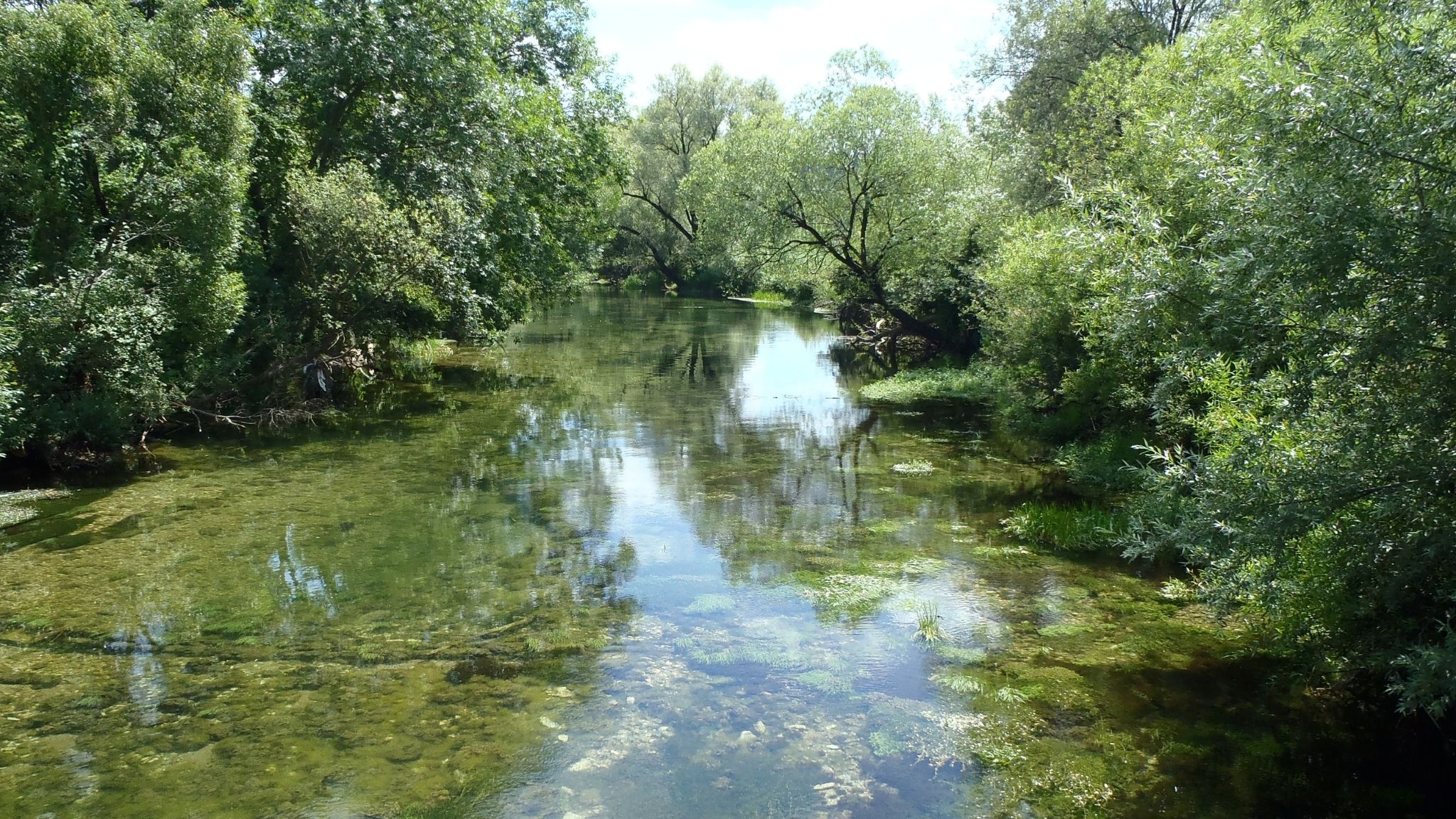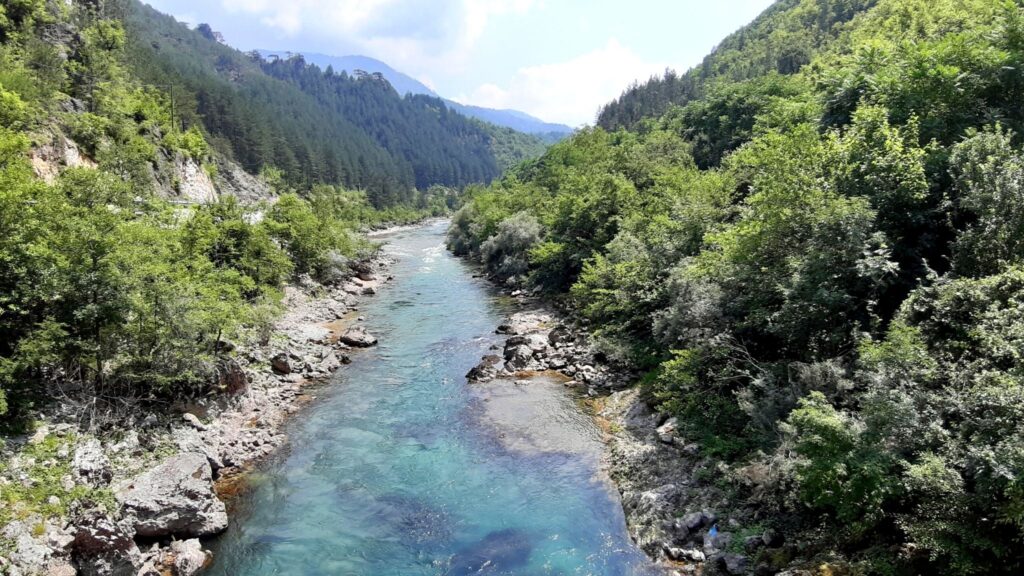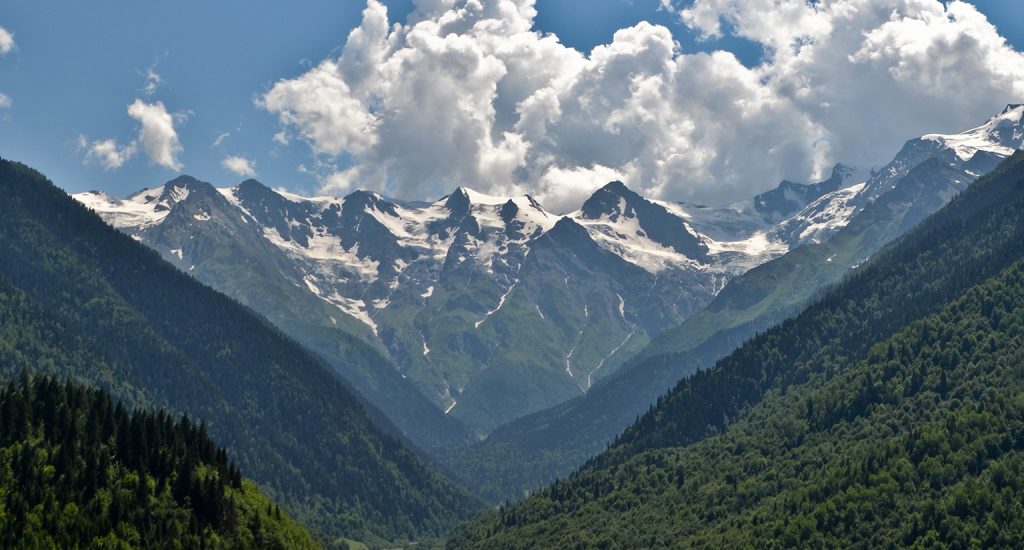The countries of the Energy Community Treaty have diverse energy mixes, but hydropower has traditionally played a strong role in many of them. Albania is almost completely reliant on dams for its domestic electricity generation, followed by Georgia with an average of 80 per cent of electricity generated by hydropower and Montenegro with an average of 55 per cent.

Stay informed
We closely follow international public finance and bring critical updates from the ground.
Background
The countries of the Energy Community Treaty have diverse energy mixes, but hydropower has traditionally played a strong role in many of them. Albania is almost completely reliant on dams for its domestic electricity generation, followed by Georgia with an average of 80 per cent of electricity generated by hydropower and Montenegro with an average of 55 per cent.
But what started as a strength is becoming a liability. More and more erratic rainfall is exposing how vulnerable hydropower is to climate change, while its damaging impacts on biodiversity, groundwater and sediment transportation are becoming better understood.
This has not stopped decision-makers’ zealous plans to develop the sector, including in countries like Ukraine hydropower has not traditionally played a major role. Decades-old projects are still being pushed against all economic and environmental logic, while a rash of small hydropower plants driven by feed-in tariff schemes has destroyed rivers and streams across southeast Europe.
The good news is that there are alternatives, with lower costs for the environment and also, increasingly, for the public purse, and that resistance to the unnecessary destruction of life-giving rivers is increasing day by day.
IN FOCUS
Latest news
Victory for civil society as EBRD cancels loan for controversial Croatian dam
Blog entry | 28 May, 2013Today we’re relieved in Zagreb as one energy project that could have had a destructive impact on Croatia’s future has lost its financing and thus its chances of going ahead are drastically reduced: I’m speaking about the infamous Ombla dam, a project for an underground hydropower plant that would have practically destroyed a protected area close to Dubrovnik.
Read moreVictory for civil society as EBRD cancels loan for controversial Croatian dam
Press release | 28 May, 2013Zagreb, May 28 – Croatian electricity company HEP and the European Bank for Reconstruction and Development (EBRD) have cancelled a EUR 123 million loan contract for the controversial Ombla underground hydropower plant near Dubrovnik, HEP has announced yesterday. The EBRD financing would have covered the biggest bulk of the EUR 152.4 million estimated to be needed for construction.
Read more[Campaign update] EBRD still not withdrawing from damaging Ombla hydropower project, NGOs call on bank to heed new evidence
Blog entry | 13 May, 2013Despite having a slew of good reasons not to support the damaging Ombla hydropower plan in Croatia, the European Bank for Reconstruction and Development still didn’t confirm during recent meetings that it would withdraw from the project.
Read moreRelated publications
Kungrad 1-3 wind power project, Uzbekistan
Policy comments | 11 March, 2025 | Download PDFKungrad is one of several large-scale renewable projects featuring extensive transmission lines slated for remote, wild areas in Central Asia – an alarming practice that hinders the sustainable energy transition.
How to interact with development banks lending to hydropower projects in Central Asia: A toolkit for civil society activists
Toolkit | 3 February, 2025 | Download PDFThis toolkit is aimed primarily at civil society organisations in Central Asia tackling the construction of dams or other unsustainable water infrastructure.
The Upper Horizons complex, Bosnia and Herzegovina
Briefing | 18 December, 2023 | Download PDFThe Upper Horizons hydropower complex has been planned since the mid-20th century, and is planned to consist of three plants — Dabar, Nevesinje and Bileća — linked by a series of tunnels and channels. If completed, it would have a devastating impact on the karst ecosystems of eastern Herzegovina and beyond.




